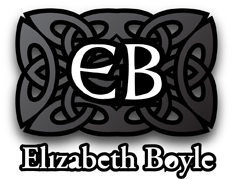Eschatological Justice in Scéla laí brátha
‘Eschatological Justice in Scéla laí brátha‘, Cambrian Medieval Celtic Studies 59 (2010), 39-54
The Middle Irish homily ‘Scéla laí brátha’ explicates the ‘Eschatological Discourse’ of Matthew 25:34-45. This study argues that the homily’s understanding of the events of the eschaton is strongly influenced by Augustinian thought. The presentation of heaven as predominantly urban, with the elect portrayed as citizens of the ‘civitas Dei’, is contrasted with the depiction of hell as a perverted monastic community, with the Devil as its abbot, situated in a hostile rural landscape. It is argued that legal vocabulary is deliberately employed to emphasise Christ’s ultimate judicial power and to articulate the nature of ‘citizenship’ in the kingdoms of heaven and hell.
